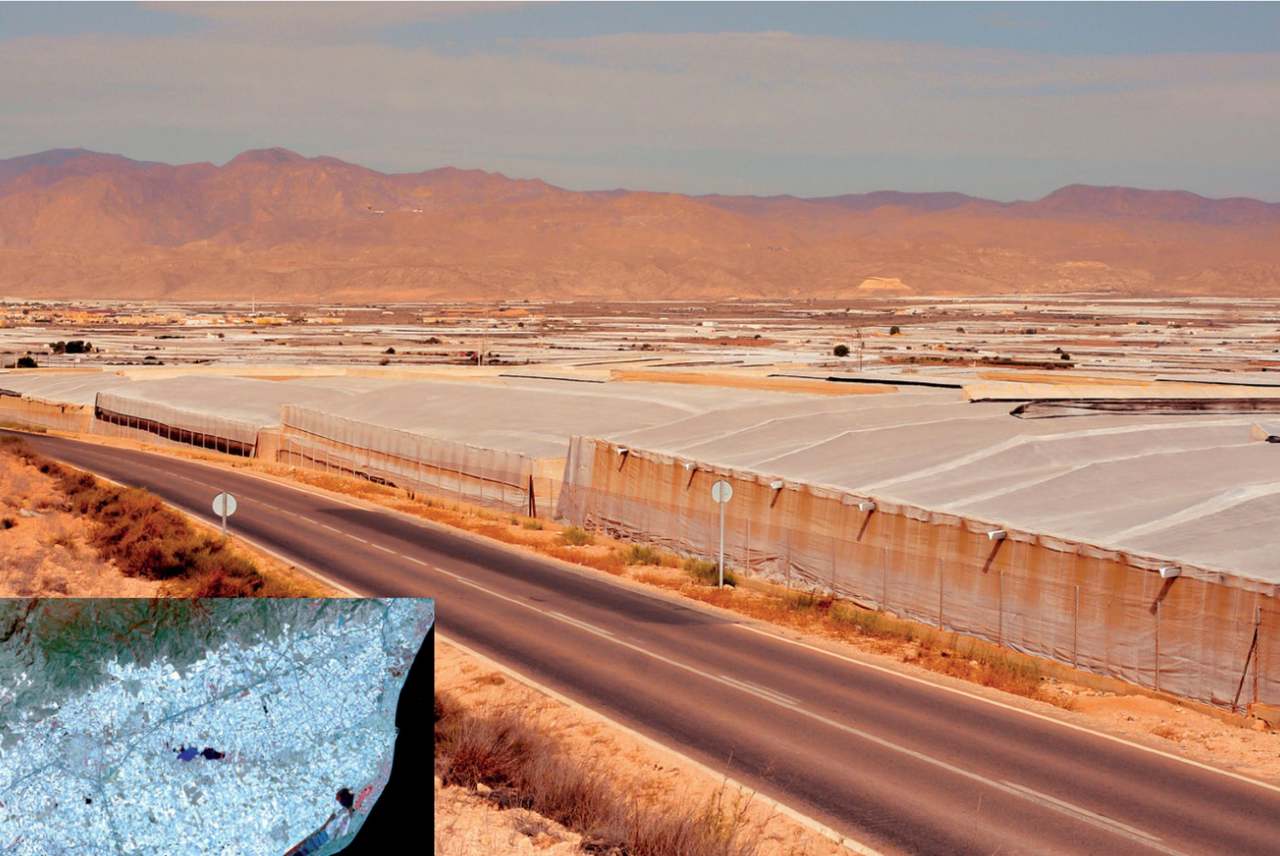Every year, the poly-tunnels of Almeria in Southern Spain provide €283 million worth of produce to the UK, much of which goes to the largest supermarkets.
Serious workers rights issues in Almeria have been known about since 2011, and we have been reporting on them since 2018: there have been repeated reports of shanty towns, illegally low pay, and even the deaths of several local workers from exposure to dangerous chemicals.
All the major supermarkets claim that they are making efforts to address this, and have policies to protect those in their supply chains, which include the right for workers to join trade unions.
However, over recent months, SOC-SAT, the local agricultural union, has reported serious ongoing issues: from retaliations against union members to the refusal of wages and the attempted eviction of laid-off workers.
Good policies, poor practices
Aldi, Asda, Co-op, Lidl, M&S, Morrisons, Sainsbury's, Tesco and Waitrose all sponsor Ethical Trade Forums in Spain. The aim of the forums, which include meetings held in Almeria every year, is to "improve understanding of human rights abuses and to raise standards".
But since the initiative was launched in 2012, just eight union members have attended the forums – far outweighed by the over 500 producing, packaging and exporting companies and the 57 importers and supermarkets that have participated.
Asda, Lidl, Sainsbury’s and Waitrose also explain that they work with Global GAP- an international standard for ‘good agricultural practice’ that often involves auditing by independent third parties- as well as other initiatives.
Both Lidl and Sainsbury’s mention use of Global GAP’s GRASP social risk assessment, which is a voluntary audit “addressing specific aspects of workers’ health, safety and welfare”, including “the payment of wages according to legal requirements”, according to the initiative.
But José, from Spanish trade union SOC-SAT, describes the use of Global GAP’s GRASP risk assessment as “whitewashing the exploitation in Almeria”. He says that companies provide auditors with “false information showing the payment of national insurance for workers and, in this way, avoid paying the minimum wage".
Several companies also cite involvement with the UK-based Ethical Trading Initiative (ETI), of which Aldi, Asda, Co-op, M&S, Morrisons, Sainsbury’s, Tesco and Waitrose are all listed as members.
In 2015, when Channel 4 reported on abuses of salad pickers in the region, the ETI responded that its members were taking urgent action. But still abuses re-emerge.


